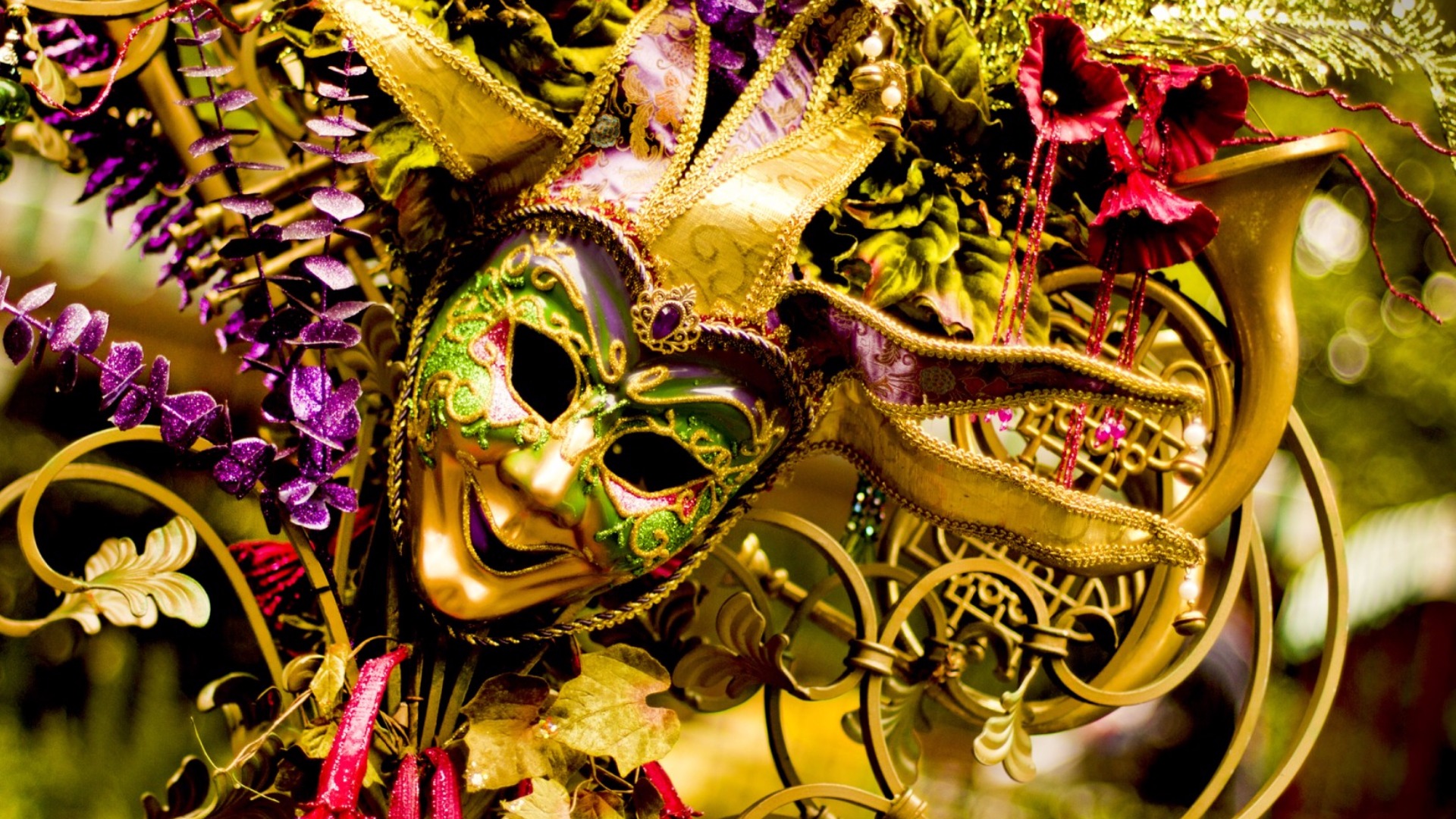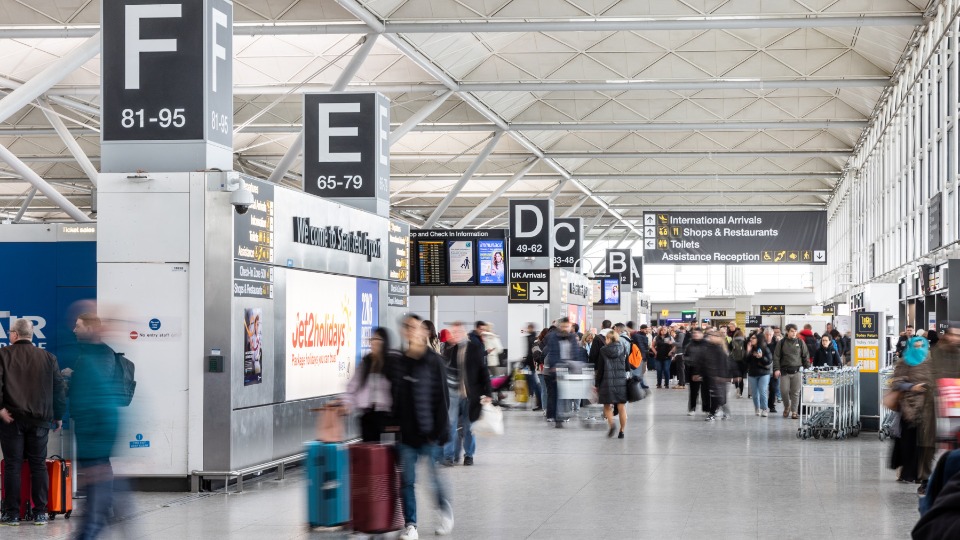
Carnival Week in Rio de Janeiro

The Carnival is celebrated in many countries but of them all Rio de Janeiro is called the world capital of Carnival. This celebration of huge proportions that is the main event of the year takes place 7 weeks before Easter. You could consider this when planning a stay to sunny Rio de Janeiro. Festival attracts thousands of tourists from all over the world and even if Rio Carnival officially lasts 4 days, street parades stretching over two weeks. This year, from February 5th through the 10th, the Rio Carnival will be celebrated by over 1 million visitors as well as locals.
The famous Carnival in Brazil has its roots in the heart of Europe and Africa. In Europe, this was a pagan celebration in ancient Rome as a form of tribute to the gods. Later, the Roman Catholic Church transformed it into "Carne Vale" which means detachment from bodily pleasures and purify the body. Time passed and "Carne Vale" became a party meant for ordinary people to be dancing in the street with masks covering their faces.
With the landing of the Portuguese in South America and their African slaves, the carnival was spread everywhere in Brazil and samba has its source in West Africa and in Angola. In 1600 has become a very popular form of entertainment in exotic Brazil, the country with the largest football stadium - Maracana - and with most teams club: 23000. Carnival dissolved social differences, rich and poor, regardless of race or religion. Once the party stared everything is allowed: exploding rhythms, colors and costumes compete in originality and samba dancers unleash.
Each samba school is preparing its artistic program for the Carnival. Nearly a year before the competition samba schools enter the contest fever and train hard for the carnival. They chose a theme, music and lyrics conceive in order to detach the schools competing through an original performance .
In turn, lower samba schools are not outdone. They participate in various parades during the festivities. But Rio Carnival takes place not only on Sambadore but populate dozens of streets in Rio, beaches and nightclubs.








